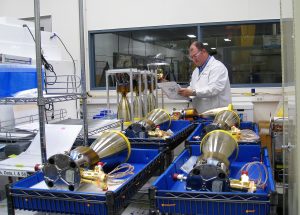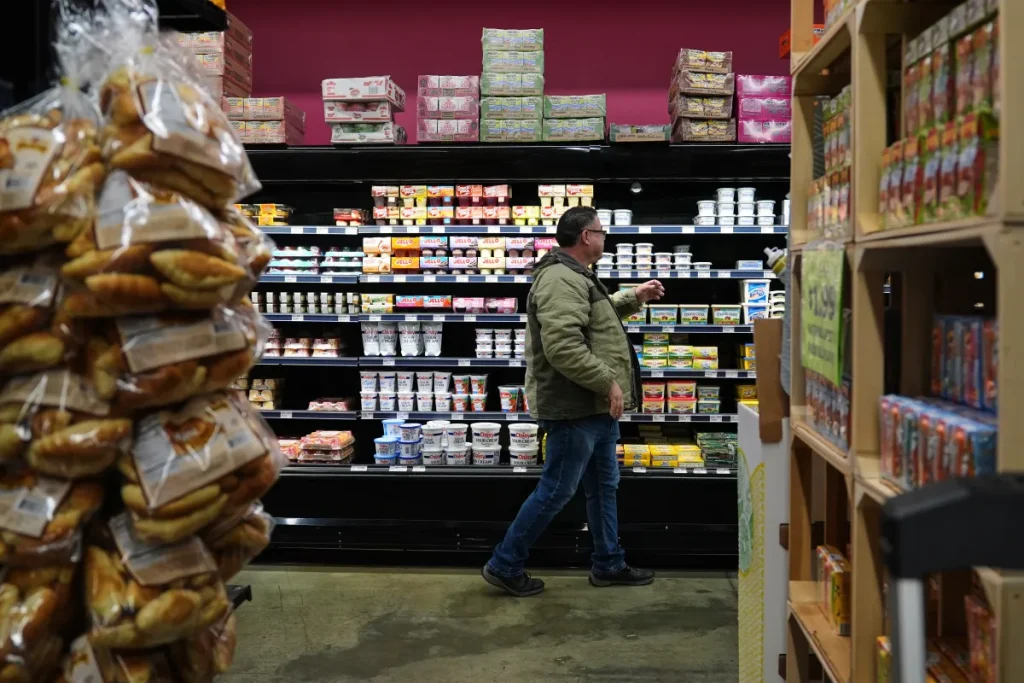Thanksgiving Food Recalls Cast Shadow on Holiday Meals
As Americans gathered around Thanksgiving tables this year, a small cloud of concern hovered over some dinner plans. Anthony’s BBQ Sauce, a family-owned business nestled in the coastal town of Brookings, Oregon, announced a recall of their Barbecue & Dip-It Sauce on Thanksgiving Day itself. The reason? The sauce contained undeclared anchovy, posing a serious health risk to those with fish allergies. While not traditionally associated with Thanksgiving feasts, barbecue sauce has been gaining popularity as an unconventional flavor enhancer for turkey and sides, making the timing of this announcement particularly relevant. For the estimated 6.5 million Americans who live with fish allergies, this seemingly minor oversight could have transformed a joyful holiday gathering into a medical emergency.
The recall specifically targeted Anthony’s Barbecue & Dip-It Sauce sold in 15-ounce glass bottles between February and November of this year. Unlike many mass-market products affected by nationwide recalls, this sauce had limited distribution, appearing only on the shelves of two regional retailers: Taylor’s Sausage Country Store in Cave Junction and Long’s Meat Market in Eugene, both in Oregon. The FDA emphasized that while no illnesses had been reported at the time of the announcement, the potential consequences for those with fish allergies couldn’t be overstated. For individuals with severe fish allergies, exposure to even trace amounts of anchovy could trigger anaphylaxis, a life-threatening allergic reaction characterized by difficulty breathing, rapid heartbeat, and a dangerous drop in blood pressure. The recall was initiated after an inspection revealed the anchovy-containing product was distributed in packaging that failed to disclose this crucial ingredient.
The Anthony’s BBQ Sauce recall wasn’t an isolated incident during the holiday period. Just days earlier, on one of the busiest pre-Thanksgiving shopping days, Prairie Farms issued its own voluntary recall of fat-free milk products over concerns they might contain food-grade cleaning agents. This farmer-owned dairy company distributed the potentially contaminated milk to Woodman’s stores across Illinois and Wisconsin, affecting numerous communities including Rockford, Madison, Green Bay, and over a dozen others. The specific products were identifiable by their “DEC08” code date and “PLT19-145” plant code, processed during a specific production window. Unlike the barbecue sauce recall, which posed risks only to those with specific allergies, the presence of cleaning agents in milk could cause health issues for anyone consuming the product, regardless of pre-existing conditions.
For consumers caught in the midst of these recalls, the holiday shopping rush suddenly included an unexpected task: checking pantries and refrigerators for potentially dangerous products. Anthony’s BBQ Sauce advised customers with fish allergies to return any purchased bottles to their original point of sale for a complete refund. The company also established a dedicated customer service line, operating weekdays from 10 a.m. to 4 p.m. Pacific Time, to address concerns and questions. Similarly, Prairie Farms urged customers to return affected milk products for refunds, demonstrating how food safety protocols disrupt not just company operations but consumer behavior and trust. These recalls highlight the complex food safety system that operates largely unseen until something goes wrong – a system that becomes even more crucial during high-volume food consumption periods like Thanksgiving.
The timing of these recalls underscores the particular challenges of food safety during holiday seasons. Thanksgiving represents one of America’s most food-centric celebrations, with the average household preparing more dishes than usual and often experimenting with new recipes or products. The emotional and social significance of holiday meals amplifies the impact of food safety issues – no host wants their carefully prepared feast to become a source of illness or allergic reaction for guests. For smaller producers like Anthony’s BBQ Sauce, a recall during a major holiday can be especially devastating, affecting not just immediate sales but potentially long-term consumer confidence. The company’s cooperation with both the FDA and Oregon Department of Agriculture demonstrates the multi-layered regulatory approach to food safety that kicks into high gear when potential hazards are identified.
While these recalls might seem like concerning disruptions to holiday celebrations, they actually represent the food safety system functioning as designed. The identification of undeclared allergens or contaminants before widespread illness occurs is precisely the purpose of regular inspections and quality control measures. For consumers with food allergies, such vigilance is particularly vital – approximately 32 million Americans live with food allergies, making ingredient transparency literally life-saving. As we gather around holiday tables sharing meals and memories, these recalls serve as subtle reminders of the invisible infrastructure that helps keep our food supply safe. They highlight both the responsibilities of food producers to maintain rigorous standards and the importance of consumers staying informed about potential risks in the products they bring home. In an era of complex supply chains and mass production, the partnership between regulatory agencies, manufacturers, and alert consumers remains our most effective safeguard against foodborne illness and allergic reactions.















